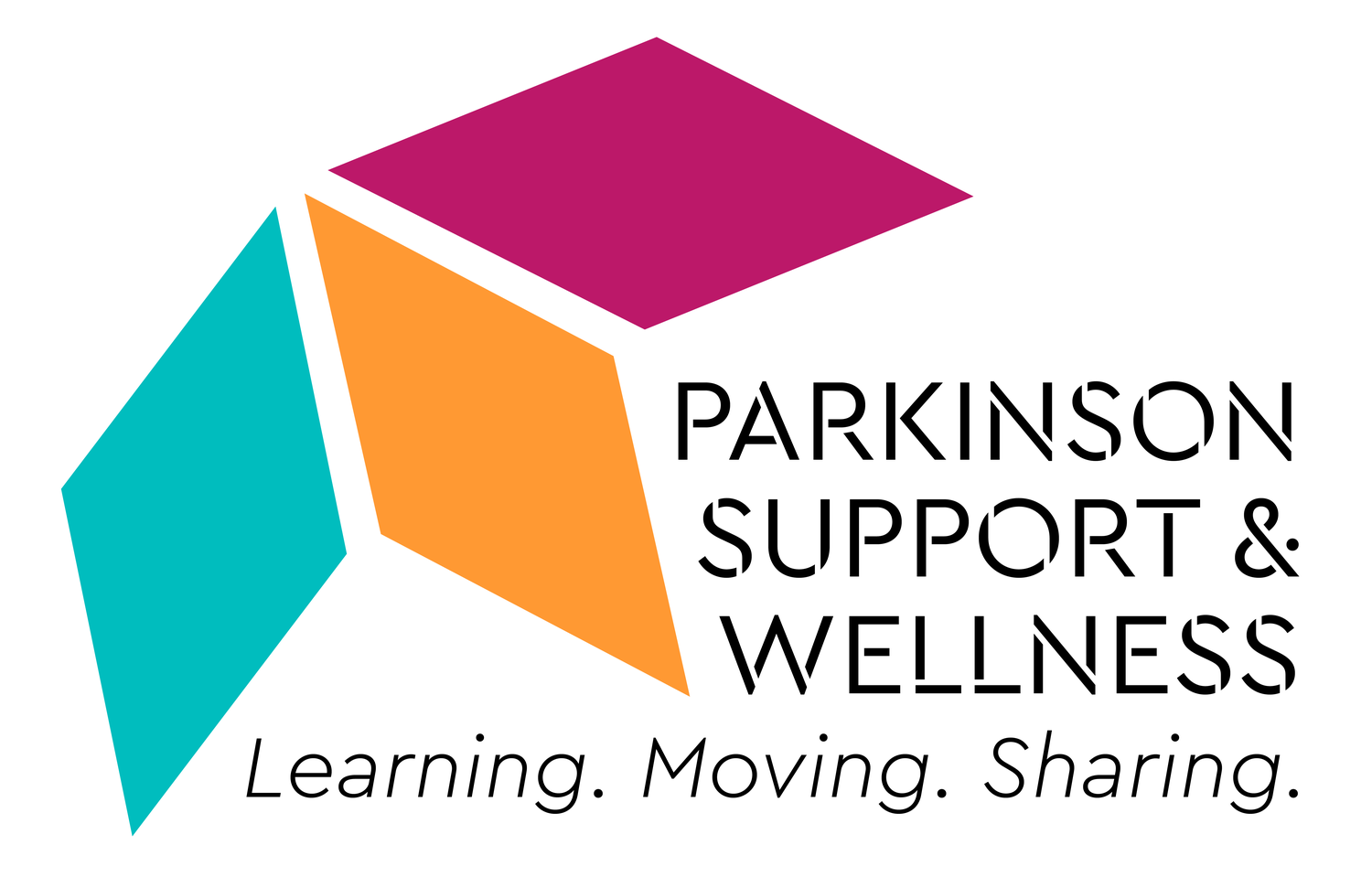Caregiver’s Corner is meant to be a resource and safe space for those caring for people with Parkinson’s. All our contributors have loved ones of their own with PD, and are sharing what they have learned along the way to benefit the rest of our community. This column will post the 4th Tuesday of every month.
Committing to Self-care
Eighteen years ago, when my husband was first diagnosed with Parkinson’s Disease, he forbade me to tell anyone for two years. He argued that it was his disease and therefore his story to tell at the time of his choosing. The fact that Parkinson’s Disease had happened to him was clear, but it had happened to me, too. It had happened to us. I knew this because my mother was then in the middle of a steep decline with Alzheimer’s Disease that had an enormous impact on my dad, on me, and on my siblings. But I also knew this because of my work as an educator in gerontology and a researcher in long term care and family caregiving. Over my thirty-five-year career, I interviewed hundreds of family (and friend) caregivers at every possible level of care and in every possible caregiving relationship. When my husband was diagnosed, I had a pretty good—and troubling—idea about what lay ahead for him and for me.
Let me say that I would rather be a Parkinson’s caregiver than have Parkinson’s Disease. I would not want to trade places with my husband. But caregiving is hard work. And in the case of progressive illness, the work gets harder with time. Of course, caregiving can be highly rewarding: a welcome sense of purpose; the discovery of personal strengths; a blessing on a new form of relationship; a way to honor a vow or promise; a chance to reciprocate past support; or a profound expression of love. But it is hard work. So I am in awe of caregivers, especially those struggling to stay afloat in the deep end of caregiving. I am in awe of you. So, in a three-post series, I want to talk about self-care.
The Parkinson’s Foundation has this to say about “caring for the caregiver:”
The most important thing to remember is that the person you are taking care of is only as good as you are; if you do not take care of yourself, you will not be able to take care of your loved one. (Full article here)
On its face, it’s a lovely argument for self-care that I am sure you have heard—and probably used—many times before. If I don’t take a break, see my friends, get a massage, ask for help, accept help, take a nap, go to my doctor, get some exercise, (and so on), I won’t have the capacity to take care of my loved one. In other words, I will take care of myself so that I can take care of you.
Here’s the thing. I bristle every time I hear the “so that” that underlies such a message. Why? Because you matter, and the quality of your life matters, independent of the needs of your loved one. Your good health and energy are important by themselves, for your quality of life, not just as resources for caring for your loved one.
If you need to use the “so-that-I-can-take-care-of-you” argument with your loved one or with others to justify taking a break, seeking help, or just taking a nap, by all means do so. But, as caregivers, let’s not use it with each other. Let’s stop before the “so that.” Let’s say to ourselves and to our fellow caregivers, Take care of yourself. You need it. You are worthy of it. End of sentence. End of message.
In my next post (Tuesday, June 22), I’ll offer strategies for self-care, and in my final post in this series, I’ll talk about caring in the moment for someone with a progressive illness.

